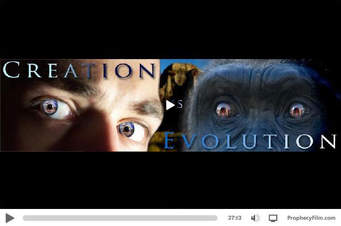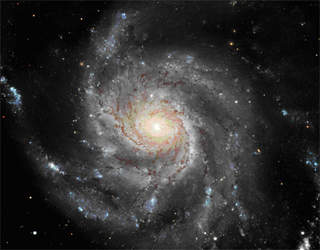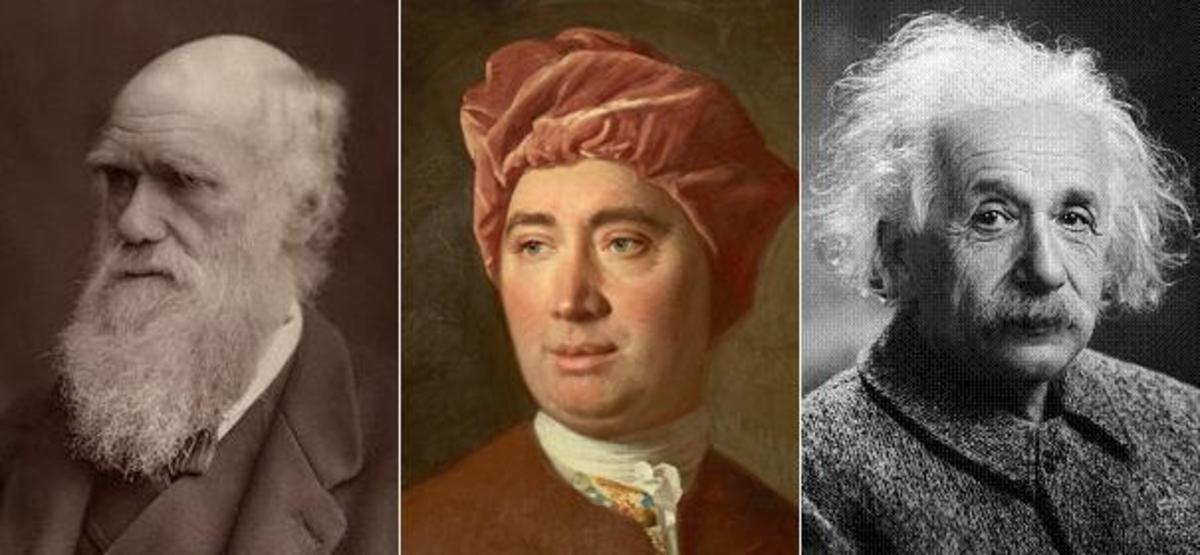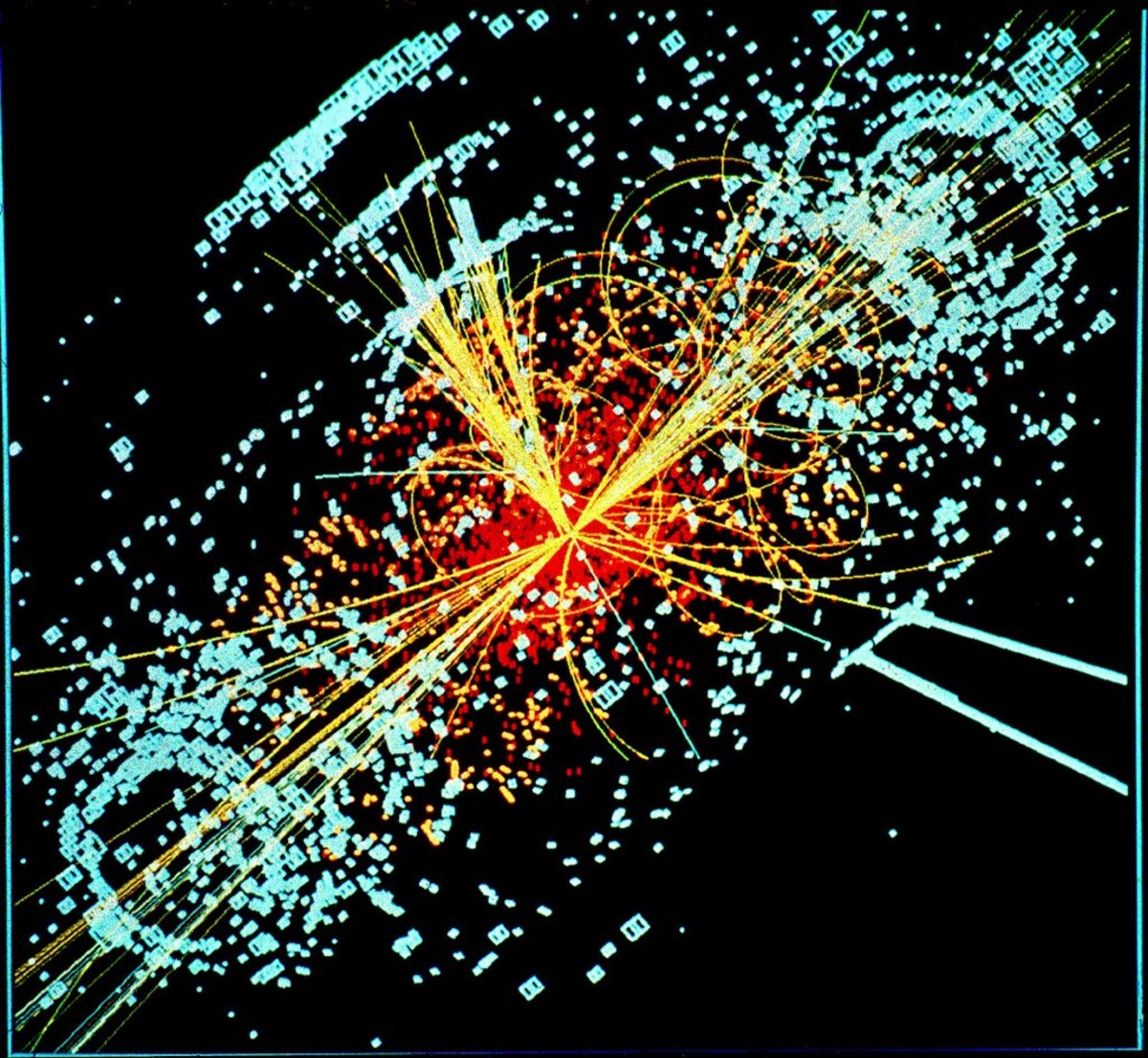How Can We Know if There is a God?


Scientific Proof Of God
Is there any scientific proof of God's existence? Before discussing scientific proof of God, we need to identify what we mean by proof. The definition of science has changed within the last century to a more limited scope of natural explanations. In today's skeptical world, no matter what evidence we submitted in a court of law, it would be deemed as inadmissible because even if they saw miracles taking place, those witnessing them would be afraid to say so upon fear of being ridiculed. Jesus said this would be the case.
Proof
What evidence could prove the existence or non-existence of God? Actually the non-existence or existence of a God cannot be proven. Jesus’ miracles were witnessed by many and were documented by eye witnesses. Yet, although they saw, there was no actual, public affirmation. People were afraid to take sides.
In fact, He was seen by at least 500 people after His resurrection. He was seen ascending into heaven. His transfiguration was seen by Peter, James, and John. He never promoted Himself or His miracles. C. S. Lewis stated He couldn’t have just been a good teacher. He was either a liar, lunatic, or Lord.
Does God exist? Many today believe He does. Others believe He doesn’t. The Universe exists and is real. Every rational person must admit this point. If it didn't, we wouldn't be talking about it right now. So, where did the universe come from?” Did it create itself? If it didn't, there must have been a cause.
Let’s look at the law of cause and effect. Simply put, the law of cause and effect states every material effect must have an adequate cause existing before the effect.
Material effects without adequate causes do not exist. Also, causes never occur after the effect. In addition, the effect never is greater than the cause. That is why scientists say every material effect must have an adequate cause. For whatever effects we see, we must present adequate causes.
Five-year-olds are wonderful at using the law of cause and effect. We can picture a small child asking: “Mommy, where do eggs come from?” The mother answers they come from chickens. The child then asks where the chickens came from. Eventually the child wants to know how the first chicken or egg came to be.
One thing is certain: the Universe didn't create itself! We know this because matter cannot create matter.

From Nothing Comes Nothing
Some say the Universe evolved from nothing. It's always been conceived by our limited intelligence nothing produces nothing. If something exists now, then something always has existed. The opening lines in the Bible tell us, “In the beginning God created the heavens and the Earth.”
According to everyone before 570 BC, the Earth was flat. Even then, and for millennia afterward, the Earth was depicted as being held up by something. For the Greeks it was on the shoulders of the god Atlas. For American Indians it was supported on the back of a giant turtle. Other cultures believed it was on the back of a hog, water buffalo, snake, or elephant.
The idea of the Earth literally suspended on nothing was universal, no matter how brilliant one was. They fearfully declined to offer an explanation.
Contrary to popular belief it's impossible to prove a negative, it IS however, possible to prove some negatives. We can prove, for example, a square circle or a married bachelor does not exist because it is a logical impossibility. We can prove there are no blue marbles in a particular box by opening it and seeing they are all all green. However, searching for evidence of God would be an impossibility in a universal exhaustive search.
Some scriptures seem to indicate there might not be a supreme creator, or at least not one we can visibly see. The Apostle John writes, “No man has seen God at any time.” And God claims in Exodus, “You cannot see my face, for no man can see me and live.”
Indeed, it seems He deliberately hides Himself, and some theists have tried to justify this on the grounds a god who loves His creation would never unduly coerce people into being good. That would be taking away their free will and moral freedom. Additionally, the whole concept and definition of God seems to be left deliberately vague so as to make His discovery difficult to prove.
So, perhaps it's probably true we can’t prove the existence of the tooth fairy, an invisible pink unicorn, or any number of other unlikely phenomena. But absence of proof does not solidly assure us they don't exist.








